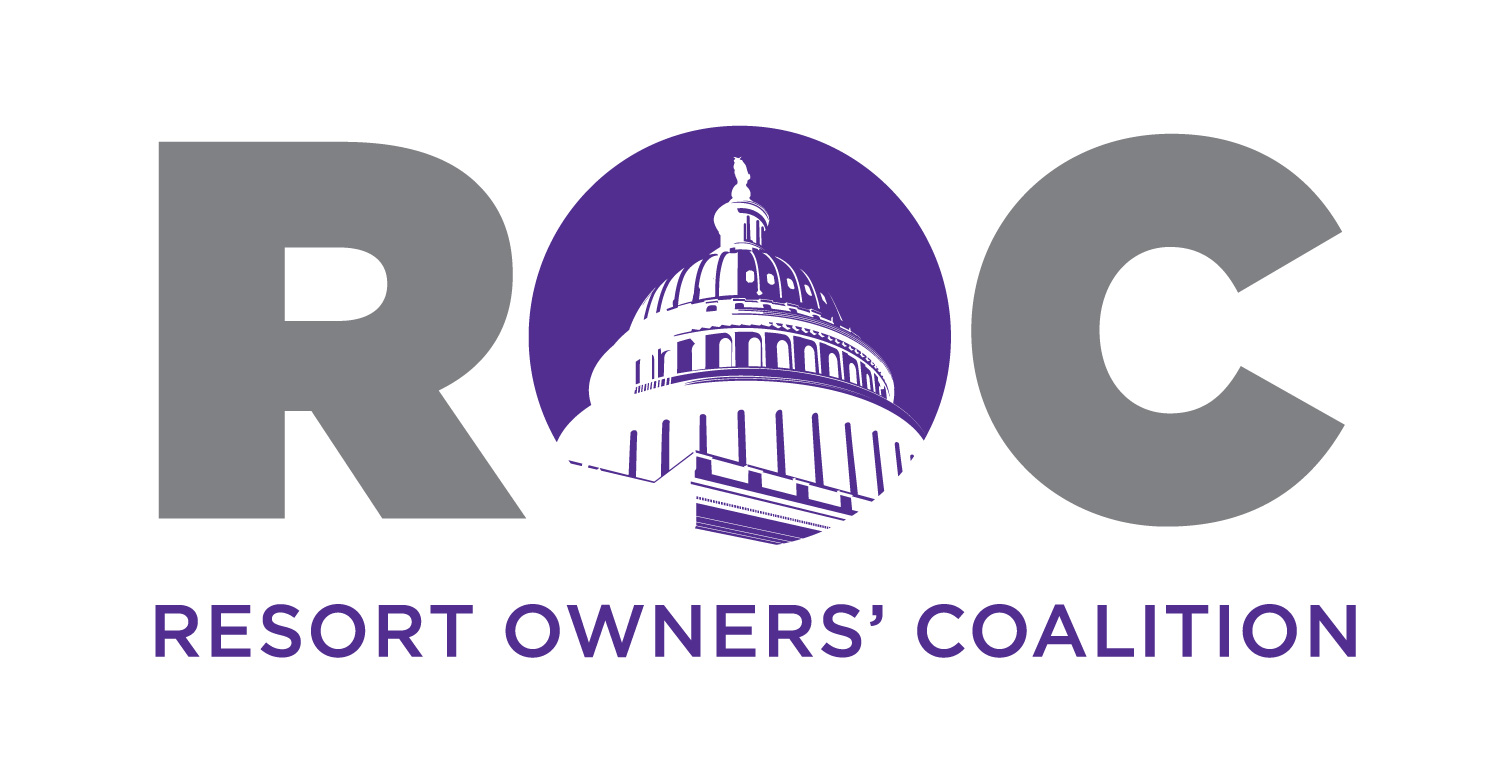Timeshares
What is a timeshare?
A timeshare is a right to occupy one or more timeshare units (with or without ownership of real property), during 5 or more separate time periods, over at least 5 years. A timeshare unit could be a house, condominium, townhome, cabin, room in a resort, etc.
How can I purchase a timeshare in NC?
A timeshare unit may be sold by an individual owner or a developer, and the sale may involve a licensed real estate broker or a licensed resale service provider. Disclosure laws and contract requirements vary depending on whether a licensed broker or firm is used, and whether the seller is a developer or an individual owner. Initially sold as deeded interests, timeshares may now be purchased in various formats including vacation licenses, prepaid hotel reservations, club memberships, limited partnerships, vacation bonds, points, vouchers, splits, dividends or floating use.
What information should I review before I buy?
Developers are required by law (GS 93A-44) to provide a detailed contract, mandatory disclosures, and a copy of anything you sign. Carefully read before you sign. The contract from the developer must include names and addresses of all parties, purchase price and all charges, and reference to a public offering statement with additional details about the timeshare project. Importantly, the timeshare contract must give the purchaser the right to rescind the agreement with written notice within 5 days of the contract. When considering the cost of a timeshare purchase, in addition to the purchase price, you should also review and consider ongoing fees you will need to plan for as long as you own your timeshare. See the fees below for examples.
Typical fees to expect when purchasing timeshare:
Fees you could expect to see at the time of purchase include:
- purchase price
- interest (if financed)
- initial document fees
- taxes (prorated)
- recording fees
Fees you can expect after your purchase:
- monthly, quarterly or annual maintenance fees (which will likely increase over time)
- taxes
- monthly payments if you financed your timeshare purchase
Other possible fees or obligations:
- booking or upgrade fees
- exchange fees
- attendance at owner meetings or sales meetings about new offerings / upgrades
How do I get out of my timeshare?
To exit a timeshare obligation, contact the developer or your timeshare owner association for options, or consult a licensed broker or private attorney. You may also visit Responsibleexit.com for guidance. Beware of timeshare resale or exit scammers, especially anyone asking for upfront fees! Resale service providers are also required to comply with NC law regarding resale procedures - GS 93A-65, GS 93A-66, and GS 93A-67. Learn more about timeshare scams from ARELLO.
Timeshare Resources
General Information for Timeshare Owners:
- Learn how to exit your timeshare and stay updated on news alerts at the American Resort Development Association (ARDA) website.
- Learn more about the ARDA Resort Owners Coalition (ARDA_ROC).
Legal Information:
- Learn about the NC law that governs timeshares by viewing the NC Timeshare Act.
- Learn about the NCREC rules for timeshare registration and regulation.
- Learn about filing a Complaint about broker misconduct in connection with your timeshare transaction.
Registration Information for Timeshare Developers:
- Find the application and renewal forms, guides, affidavits, consent, termination, and fee schedule for timeshare registration under the NCREC Forms link.
- Watch this video to learn about timeshare development information.
- View the timeshare registration and regulation rules by NCREC.
Warnings and Exit Information:
- Watch this video to learn how to protect yourself from timeshare resale scammers and how you can avoid becoming a victim.
- Watch this video to learn how other owners were scammed and what they learned from it.
- Explore timeshare exit options and resources at responsibleexit.com.
- Access the Timeshare Scam Hotline and the database of known scammers .






